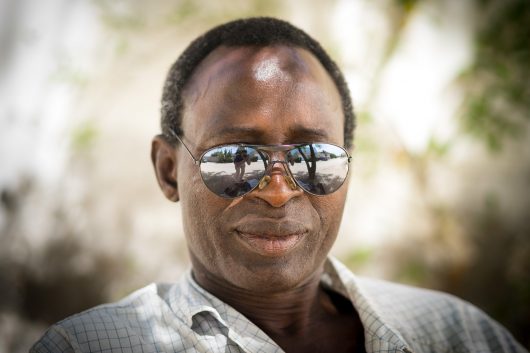10 Shocking Facts About Slavery In Mauritania

Slavery in Mauritania is not a thing of the past. The practice persists despite laws abolishing and criminalizing it. Slavery is ingrained in society and is perceived as a normal part of life. Below are ten shocking facts about slavery in Mauritania today:
- Mauritania was the last country in the world to abolish slavery in 1981, but the practice continues. It took until 2007 to criminalize slavery by law with a maximum prison sentence of 10 years. This law has not been widely enforced, and the government continues to deny that slavery exists.
- A new law in 2015 replaced the 2007 law and declared slavery a crime against humanity. It increased prison sentences for slavery to 20 years. It also created tribunals to address slavery issues. The new law allows human rights organizations to bring cases on behalf of victims but still does not protect the rights of victims.
- Slave families are usually dark-skinned, serving lighter-skinned Arab-Berbers. Slavery in Mauritania is descent-based, persisting down family lines from ancestors who had been captured years ago. Slaves are typically given as gifts and are thereafter enslaved for life. The children of slaves are born slaves, and many are born out of the rape of slaves by their masters.
- Slavery is perceived as a normal part of life in Mauritania because it has persisted for so long. Some slaves are beaten or held under the threat of being beaten. Others are convinced that they are meant to be in slavery because of their darker skin. Many slaves do not understand their position and believe this is the life they are supposed to lead.
- Slaves are not physically bound, but most do not escape in part for social reasons. Some do not want to lose the social status they have gained from being a slave for a wealthy family. Others are concerned about the lack of social mobility they will face due to the persistence of a strong caste system. Escaped slaves are still considered part of the slave caste.
- Slavery in Mauritania also persists for religious reasons. Local Islamic leaders approve of slavery and participate in it. Although Islam does not allow Muslims to enslave each other, slaves are told that Allah wishes for them to be enslaved. Leaders of other religions also teach slaves that obedience will send them to heaven.
- SOS Slaves is an organization that was founded to liberate slaves. It created a school for escaped slaves and children to learn skills they need in their new lives. Funding for the school comes from SOS Slaves and the European Union. Despite this incredible step forward, many former slaves live without help.
- The United Nations has recommended various changes that the Mauritanian government can implement to combat slavery, including allowing international monitors into the country and funding rehabilitation centers for former slaves. Global participation is essential for the success of the antislavery movement.
- The percentage of people enslaved in Mauritania dropped to one percent in 2016. This represents a substantial decline in the practice. As recently as 2012, the number was estimated to be 10 to 20 percent. However, information about slavery from Mauritania is extremely hard to gather since the government continues to deny its existence.
- Mauritania is not the only country that still engages in the practice of slavery. A 2016 report ranks North Korea as the country with the highest rate of enslavement, with one in 20 people believed to be enslaved within its borders. The report estimates that 45.8 million people are still enslaved throughout the world.
There is still a long way to go to abolish slavery in Mauritania entirely. Global and local organizations need to engage in direct efforts for change. However, recent developments have improved the situation of slavery in Mauritania. There is hope that soon the practice will become a thing of the past.
– Lindsay Harris
Photo: Flickr
